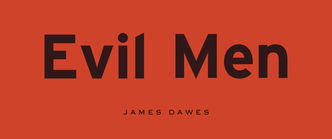|
Originally posted on Teaching TSP
This podcast could also be paired with several other activities on Teaching TSP, such as the following two activities about the Milgram experiment and an activity about power. Obedience to Authority
Any discussion about why people commit war crimes can easily be linked to Stanley Milgram’s famous experiments. As many (if not all) of you know, Milgram designed a series of experiments to see whether people would shock others up to lethal levels when instructed to do so by a scientist. In most cases and depending on various situational characteristics, the majority of people complied, showing they would shock someone up to lethal levels. (You can read more about the experiments on A Backstage Sociologist post, found here.)
A BBC documentary covered an effort to recreate the experiment a few years ago, which found similar results (with a small number of total participants, however). The entire documentary is on YouTube, but if you’re worried about time, this 6-minute clip shows the actual experiment and includes brief discussions about authority.
This clip is a great way to kick off a discussion about authority and, in the case of Dawes’ podcast, to begin to illustrate why human rights violations may take place. This clip can also be linked with a discussion about Weber’s types of authority. Power
Hollie Nyseth Brehm Hollie Nyseth Brehm is a Sociology Ph.D. Candidate at the University of Minnesota. She studies human rights and law, international crime, representations of atrocities, and environmental sociology. Her dissertation examines the conditions and courses of genocide in Bosnia, Rwanda, and Sudan; and she is the graduate editor of The Society Pages. Comments are closed.
|
.
.
Tags
All
|



 RSS Feed
RSS Feed